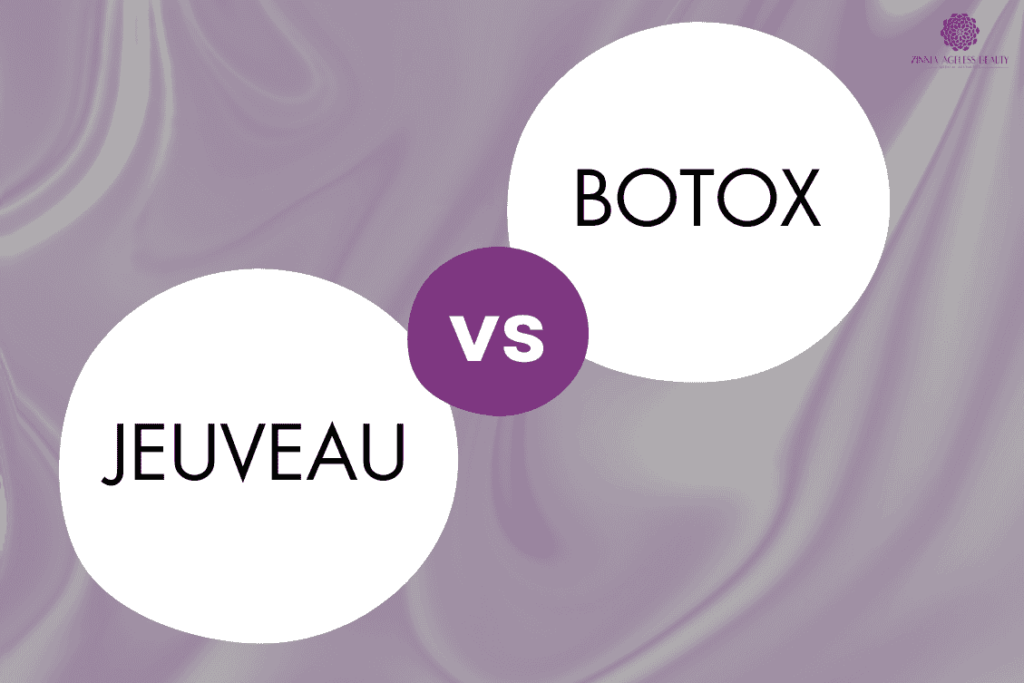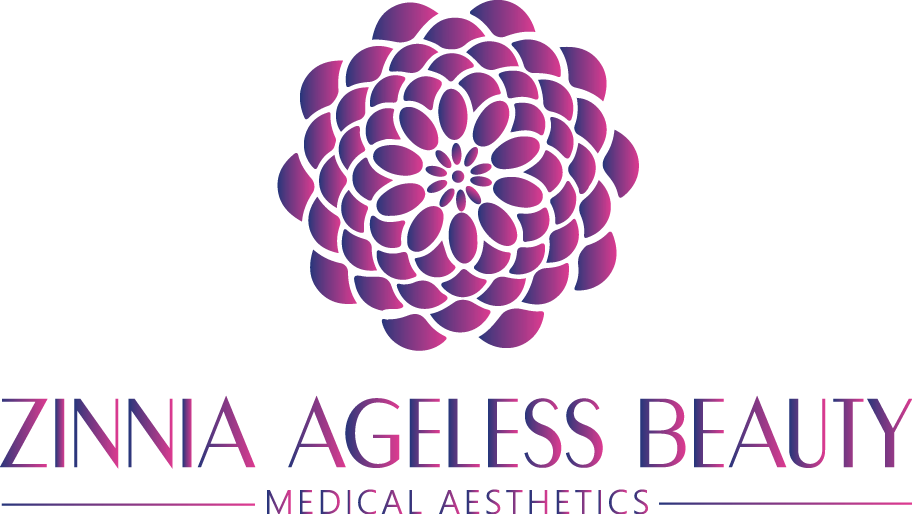This guide explores everything you need to know about Jeuveau and Botox, from what they are and how they work, to key differences in results, pricing, and side effects. We’ll compare their effectiveness across age groups, discuss clinical insights, and answer common questions to help you make an informed choice that best suits your aesthetic goals and budget.
What is Jeuveau?
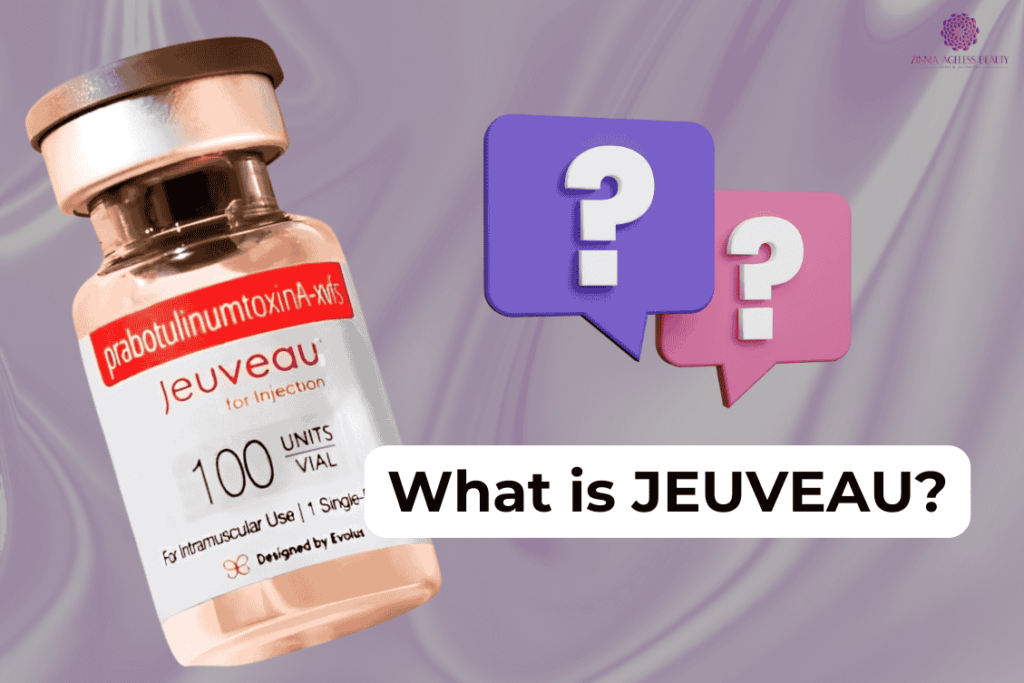
Jeuveau is a relatively new botulinum toxin type A injectable treatment. Often referred to as “Newtox,” Jeuveau was developed by Evolus and received FDA approval in 2019. Primarily intended for cosmetic purposes, it targets the glabellar lines—those frown lines between the eyebrows that tend to deepen with age. Specifically approved to treat moderate to severe frown lines. Jeuveau’s formulation is highly purified, contributing to its effectiveness in relaxing facial muscles and reducing the appearance of fine lines. Unlike Botox, which has both cosmetic and medical applications, Jeuveau is purely for cosmetic use. With its focus on smooth, natural results and a marketing appeal to younger users, Jeuveau has attracted those in their 20s and 30s looking for a preventive anti-aging solution.
What is Botox?
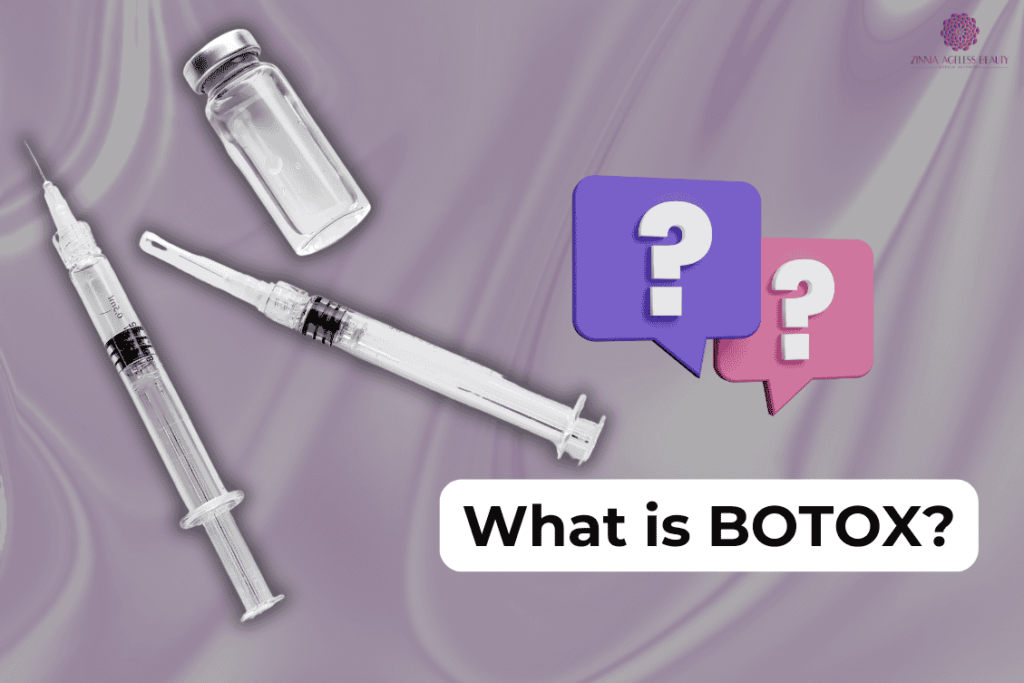
Botox has become a household name since its FDA approval in 1989 for medical use and in 2002 for cosmetic purposes. Created by Allergan, Botox offers versatile applications, both medically and cosmetically. Commonly used to reduce facial wrinkles, it is also FDA-approved for treating conditions like chronic migraines, excessive sweating, and muscle spasms. Botox treats crow’s feet, forehead lines, glabellar lines, and more, with medical applications that extend beyond cosmetics. With over two decades in the cosmetic field, Botox has been extensively researched, making it a trusted option with a robust safety profile. Botox is used not only on the forehead and between the eyebrows but also in other areas, such as for neck bands and chin dimpling. Approved for various medical and cosmetic treatments, including muscle spasms, overactive bladder, and chronic migraines, adding to its credibility.
Jeuveau vs. Botox – Units
Units measure the amount of product required for treating specific areas and are crucial for determining the cost and effectiveness of treatments. Here’s a comparison of how units are used with Jeuveau and Botox:
Typical Dosage
Both Jeuveau and Botox generally require similar units for areas like the glabellar lines, with 20 units being standard. However, the amount may vary depending on individual facial structure, muscle activity, and treatment goals.
Price Per Unit
The cost per unit ranges between $10-$15 for both products, though it can vary based on geographical area and provider expertise.
Differences in Spread
Clinical studies suggest that Jeuveau may have slightly different diffusion properties than Botox, potentially affecting the number of units needed for the desired outcome.
Jeuveau vs. Botox – Before and After Difference
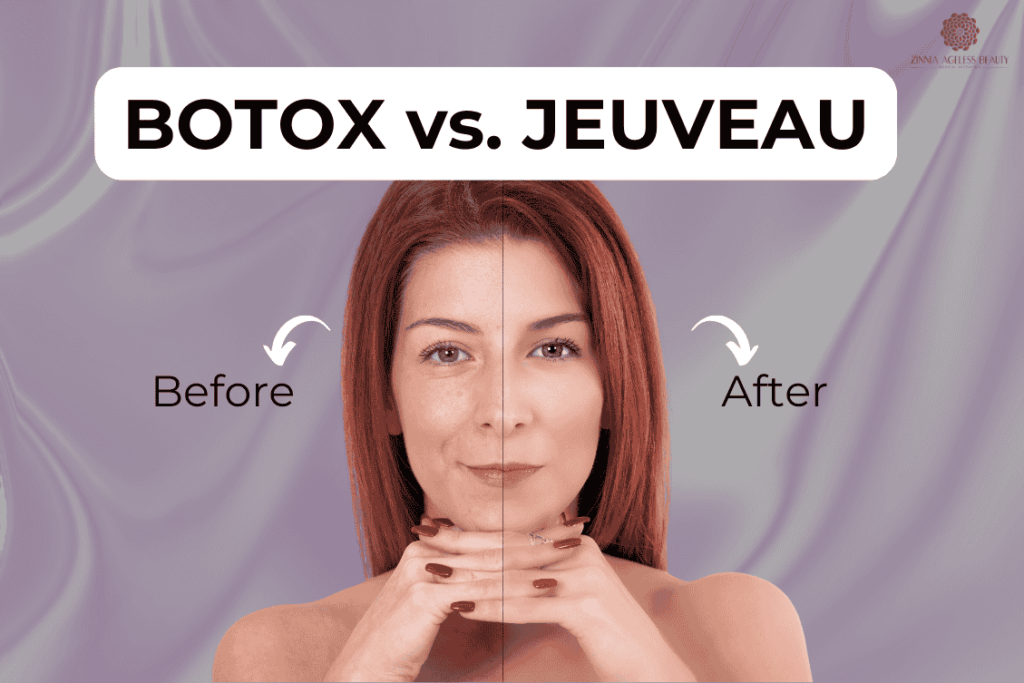
Understanding the visual impact of Jeuveau and Botox can help in choosing the right option. Both treatments work by relaxing muscles to smooth out fine lines and wrinkles, yet they may have slight differences in results.
Onset of Results
Botox typically shows noticeable effects within 3-5 days, whereas Jeuveau may offer quicker results, with some users noticing changes in 2-3 days. Full results for both treatments are visible within two weeks.
Longevity
Both Jeuveau and Botox last approximately 3-4 months, though this can vary depending on individual metabolism, lifestyle factors, and muscle activity. Patients may require repeat sessions to maintain their desired look.
Subtle Visual Differences
While most patients achieve a similar look with either treatment, some report that Jeuveau offers a slightly more natural appearance due to its unique formula.
Jeuveau vs. Botox – Price
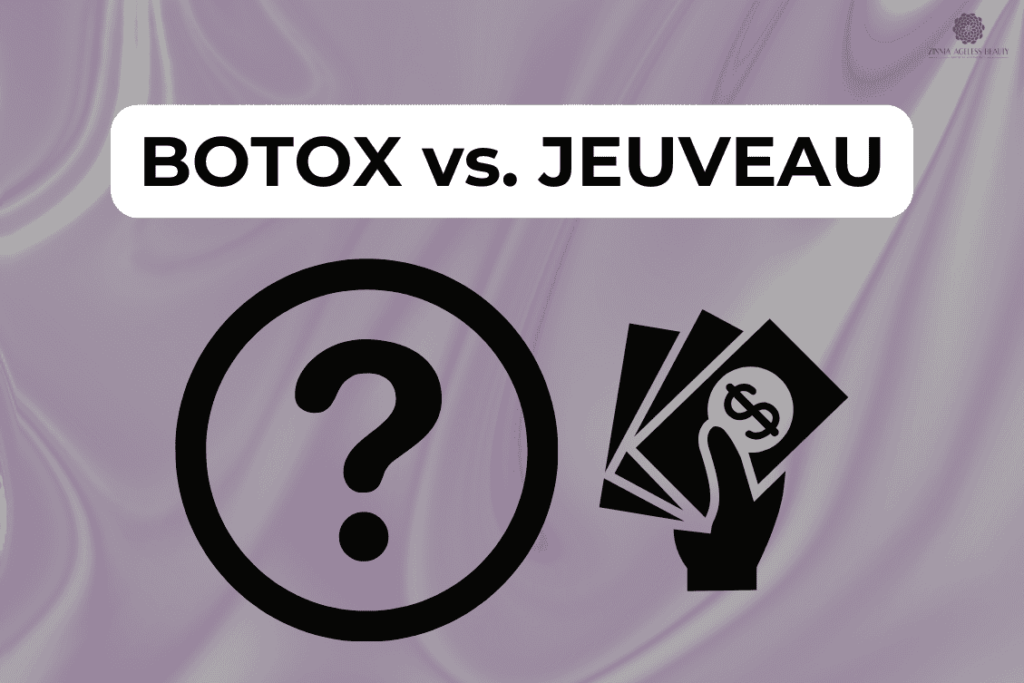
The cost of Jeuveau and Botox can vary significantly, depending on location, practitioner experience, and specific aesthetic needs.
Average Cost
Botox and Jeuveau typically cost between $300-$600 per session, though Jeuveau may sometimes be slightly cheaper.
Factors Affecting Price
The overall cost can vary due to the number of units required, geographic location, and the experience of the injector. Clinics in urban areas may charge more, and practitioners with specialized expertise may also have higher fees.
Package Discounts
Some providers offer package deals for patients opting for regular treatments, which can help in managing costs.
Jeuveau vs. Botox – Side Effects
Both Jeuveau and Botox are generally safe, with minimal side effects when administered by trained professionals. However, it’s essential to know the potential side effects and risks.
Common Side Effects
Patients may experience temporary redness, bruising, or swelling at the injection site. Occasionally, mild headaches or flu-like symptoms may occur.
Rare Reactions
Although rare, more severe reactions like drooping eyelids or allergic responses can occur. To minimize risks, always consult a licensed and experienced provider.
Safety Record
While both treatments are considered safe, Botox has been extensively studied, offering a well-documented safety record. Jeuveau, being newer, has less long-term data but still boasts a strong safety profile based on current research.
Longevity of Effects: Jeuveau vs. Botox
One of the primary considerations for patients is how long the effects of each treatment last. Both Botox and Jeuveau typically last between 3-4 months, though individual results may vary. Factors such as skin type, age, and lifestyle (e.g., frequent exercise) can affect the longevity of each treatment. Regular touch-up sessions are recommended for consistent results.
Effectiveness for Different Age Groups
Both Jeuveau and Botox are effective for various age groups, but certain nuances may make one option preferable over the other, depending on age and skin condition. Younger Patients (20s-30s) seeking preventive treatment often find both products effective. Jeuveau’s appeal to younger users stems from its targeted focus on glabellar lines and lower cost in some cases. While Older Patients (40s and Above) with deeper lines and wrinkles may require higher units or more frequent sessions. Botox’s proven track record across multiple treatment areas makes it appealing for comprehensive anti-aging treatments.
FDA Approvals and Clinical Trials
The safety and efficacy of each treatment are supported by FDA approvals and clinical research.
Botox
Approved for a wide range of medical and cosmetic uses, Botox has been extensively studied in numerous clinical trials.
Jeuveau
FDA-approved specifically for glabellar lines, Jeuveau has demonstrated safety and effectiveness in clinical studies, although it does not have the extensive research history of Botox.
Who Should Consider Jeuveau vs. Botox?
Determining whether to choose Jeuveau or Botox depends on individual needs and preferences.
Jeuveau is often slightly less expensive than Botox, making it attractive for those seeking a cost-effective option.
With a longer history and broader range of approved uses, Botox may be preferable for individuals seeking treatments for conditions beyond wrinkle reduction.
For personalized guidance, consult a professional injector who can assess your specific needs and recommend the best option.
Frequently Asked Questions (FAQs)
Q: How long do Jeuveau results last?
A: Typically, Jeuveau lasts around 3-4 months, similar to Botox.
Q: Is Jeuveau less expensive than Botox?
A: Jeuveau can be slightly cheaper, though prices vary by provider and location.
Q: Can Jeuveau and Botox treat all types of wrinkles?
A: Both target dynamic wrinkles caused by facial expressions, like crow’s feet and frown lines.
Q: How often should I get treatments?
A: Every 3-4 months is standard, depending on your goals and individual response.
Q: Are Jeuveau and Botox equally safe?
A: Both are safe when administered by a licensed provider, though Botox has more long-term data.
Q: Can I switch from Botox to Jeuveau or vice versa?
A: Yes, many patients switch based on preferences or treatment results.
Q: What are the common side effects of Jeuveau?
A: Side effects include minor bruising or swelling, which usually subside quickly.
Q: Which treatment has a faster recovery time?
A: Both have similar recovery times, allowing most patients to resume activities immediately.
Q: How much should I budget for these treatments?
A: Expect to pay between $300-$600 per session, depending on area and provider.
Q: Are results from Jeuveau and Botox natural-looking?
A: When administered by a professional, both can yield natural-looking results.
Jeuveau vs. Botox Key Differences – Summarized
| Feature | Jeuveau | Botox |
| Primary Use | Primarily cosmetic use (frown lines) | Cosmetic and medical uses (wrinkles, migraines, etc.) |
| FDA Approval Year | 2019 | 1989 (medical), 2002 (cosmetic) |
| Cost per Unit | Generally slightly lower than Botox | Typically higher per unit |
| Onset of Results | Often noticeable within 2-3 days | Noticeable within 3-5 days |
| Brand Appeal | Marketed as “Newtox,” appealing to younger demographics | Widely known, trusted for longevity and safety |
Conclusion
Both Jeuveau and Botox offer effective solutions for those seeking a smoother, younger-looking appearance. While Botox has a more established track record with a wider range of applications, Jeuveau provides a fresh alternative at a slightly lower price point. The choice ultimately comes down to individual needs, budget, and aesthetic goals. Consulting with an experienced provider can help you decide which option aligns best with your vision for a rejuvenated, confident appearance.

